Unemployment overpayment wage garnishment can be a concerning topic for both employees and employers alike. If you owe unemployment benefits or have received overpayments, you might wonder if your wages can be garnished. In this comprehensive guide, we will address common questions about unemployment overpayment wage garnishment, including the process, the amount that can be garnished, and steps to stop garnishment.
Can your wages be garnished due to unemployment overpayment?
If you owe payments for overpaid unemployment benefits, the state’s Unemployment Agency may initiate wage garnishment to recoup the owed amount. In some cases, the garnishment can occur without obtaining a court order.
Wage Garnishment Process
When individuals receive unemployment benefits to which they were not entitled, either because of an administrative error or misrepresentation, the unemployment agency may issue an overpayment determination. Once the determination is made, the agency will notify the individual of the overpayment debt. You can read more about Wage garnishment here.
Next, the unemployment agency will take steps to collect the debt, and one of the methods available to them is wage garnishment. In wage garnishment, the unemployment agency contacts the individual’s employer and instructs them to withhold a portion of the employee’s wages until the debt is paid. The garnished wages are then sent directly to the unemployment agency to settle the overpayment.
How long does it take?
The timeline for unemployment wage garnishment can vary depending on the state’s regulations and the complexity of the case. In general, once the unemployment agency determines the debt owed, it will send a notice to the employee and employer. The garnishment process can begin as soon as the notice is received by the employer. Employers must comply promptly with the garnishment order to avoid penalties.
Amount of Wage Garnishment
The amount that can be garnished from an individual’s paycheck for unemployment overpayment may vary based on federal and state regulations. Typically, the garnishment amount is limited by federal law, such as the Consumer Credit Protection Act (CCPA). The CCPA restricts the amount that can be garnished to a certain percentage of the individual’s disposable earnings. Disposable earnings refer to the income after mandatory deductions such as taxes and Social Security.
Under the CCPA, the maximum amount that can be garnished from disposable earnings for unemployment overpayment is 25% (if the earnings amount to more than $290 weekly). This means that up to 25% of the individual’s disposable earnings can be withheld from their paycheck to repay the overpaid benefits. However, this percentage may be subject to change based on the specific circumstances and state laws.
Appealing Unemployment Overpayment Determination
If an individual believes that the overpayment determination is incorrect, they have the right to appeal the decision. The appeal process allows them to present evidence and arguments to challenge the agency’s determination. During the appeal, wage garnishment may be temporarily halted until a final decision is reached.
Steps to Stop Unemployment Wage Garnishment
If you are facing wage garnishment due to unemployment overpayment, there are steps you can take to address the situation:
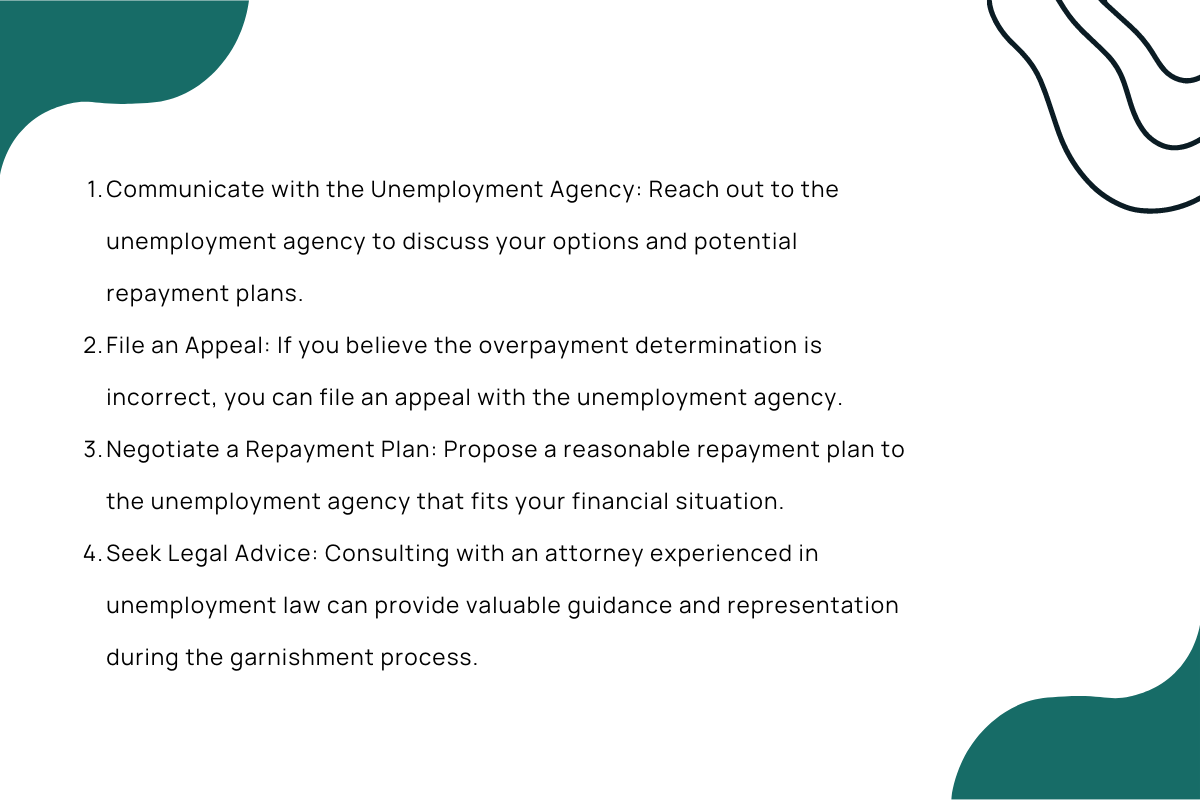
Conclusion
Unemployment Overpayment Wage Garnishment is a serious matter that can affect both employees and employers. If you owe unemployment benefits or have received overpayments, your wages could be subject to garnishment. Understanding the garnishment process, the amount that can be garnished, and how to stop garnishment is crucial for navigating this challenging situation.
Open communication with the unemployment agency, considering negotiation or appealing the overpayment determination, and seeking legal advice with our expert at Xoa Tax here for the best solution about your situation.
>>You may find interesting:
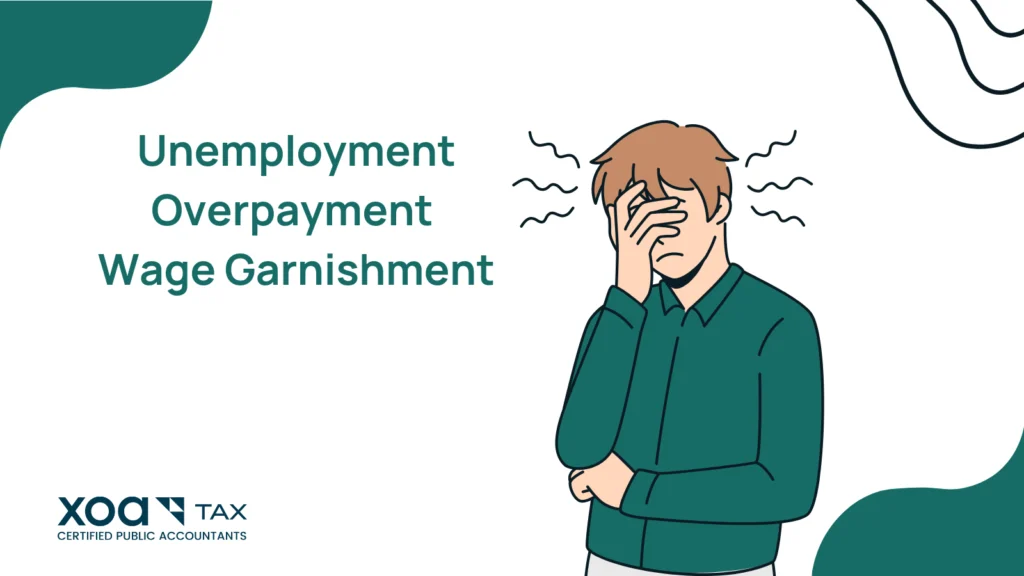


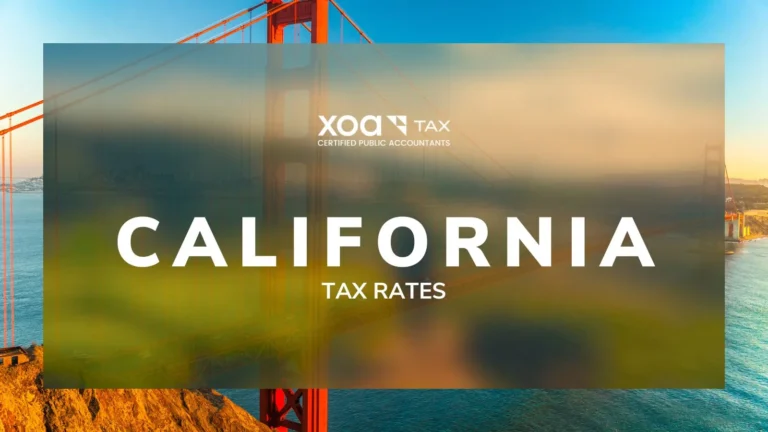
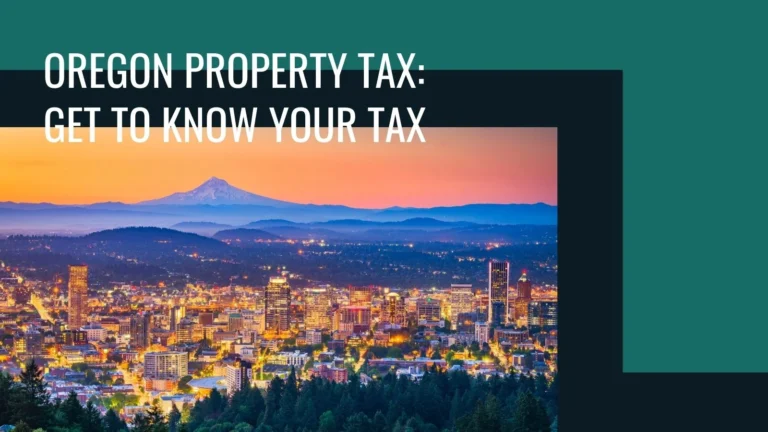
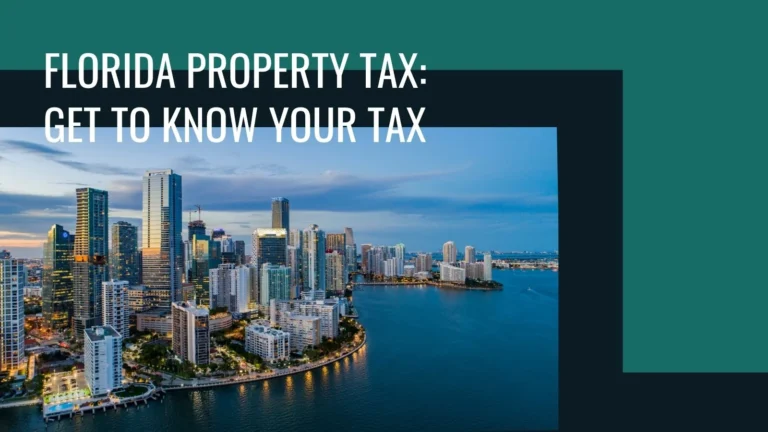
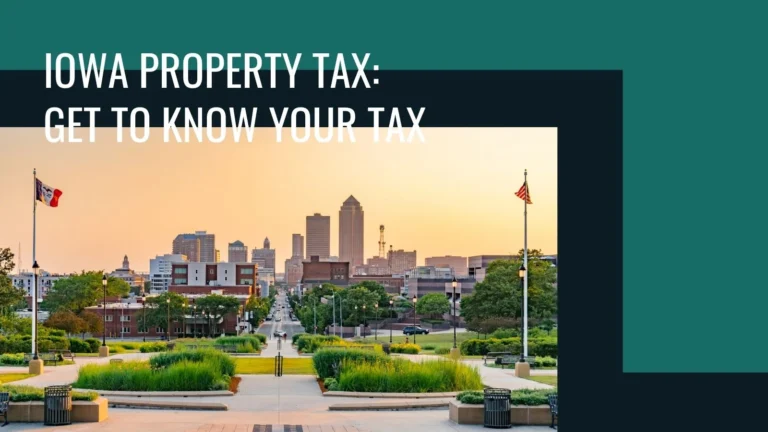
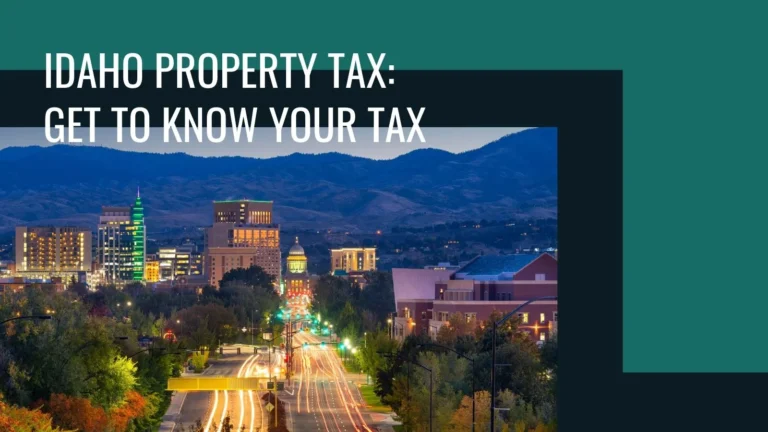







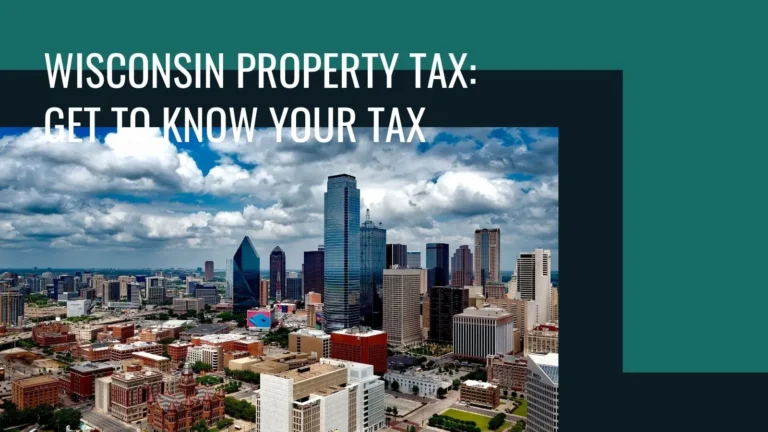



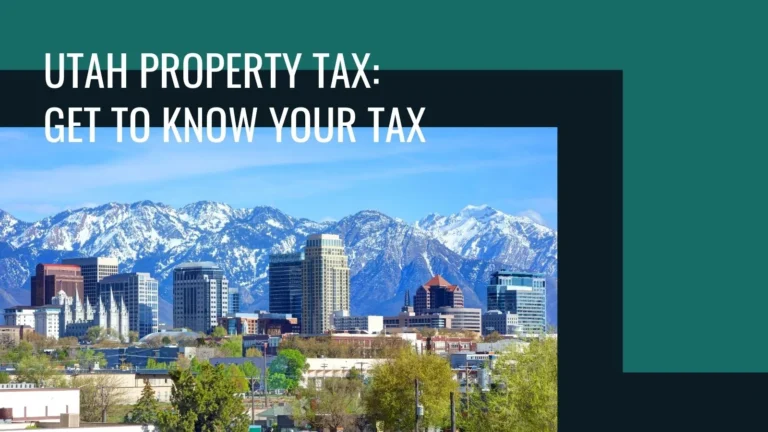

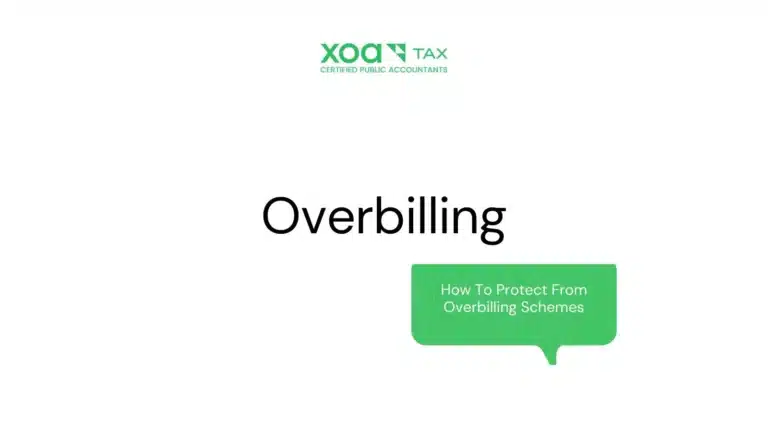
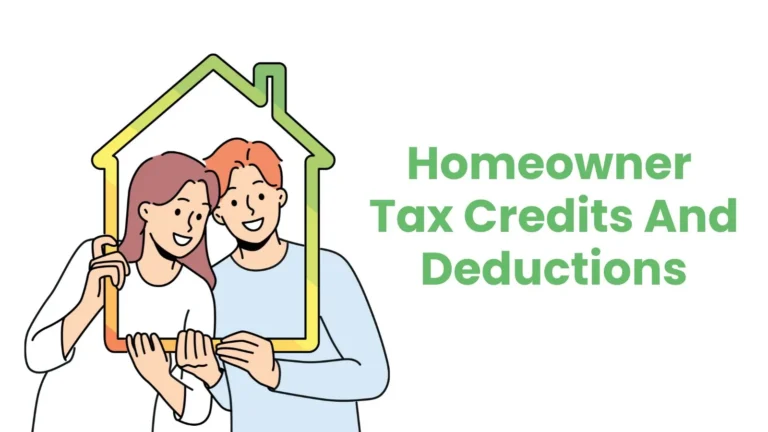

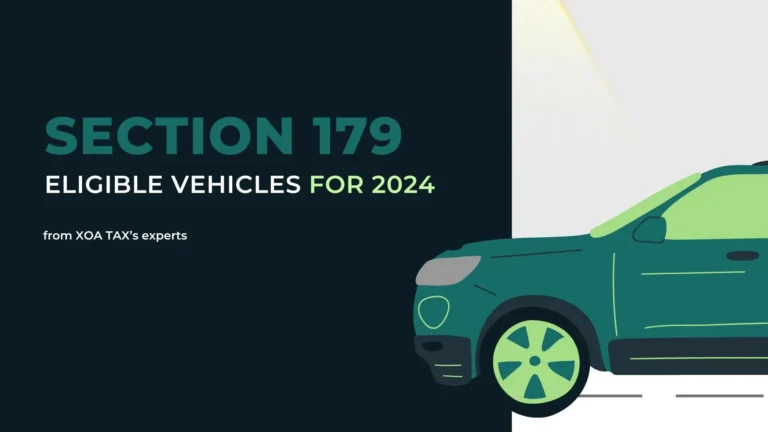
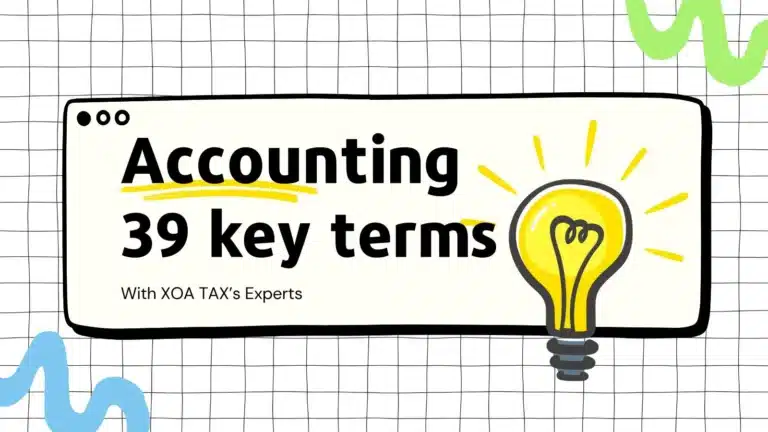
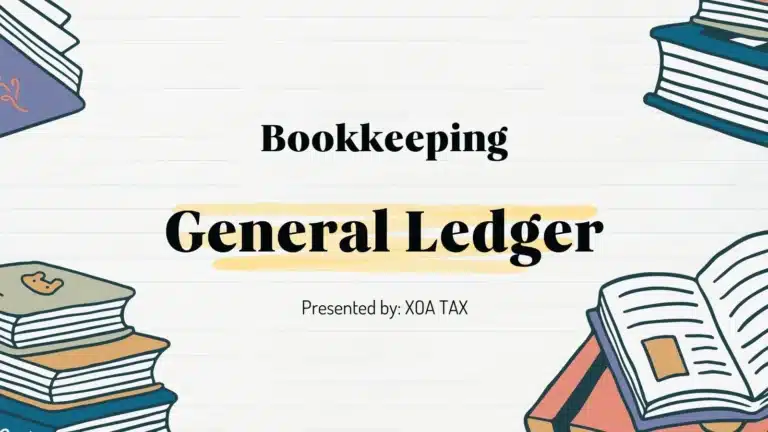
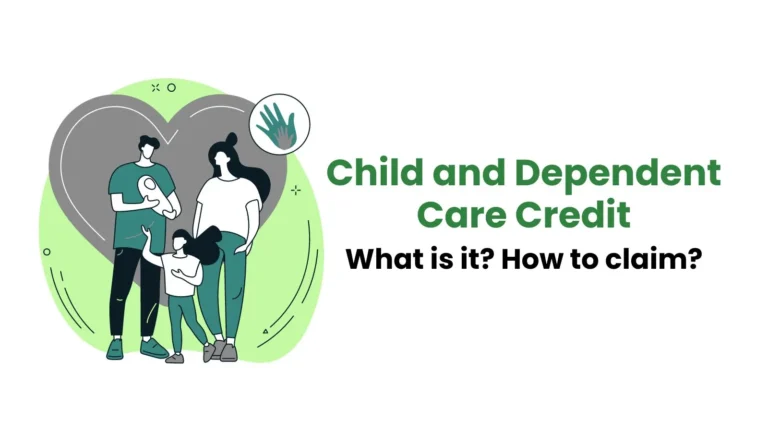
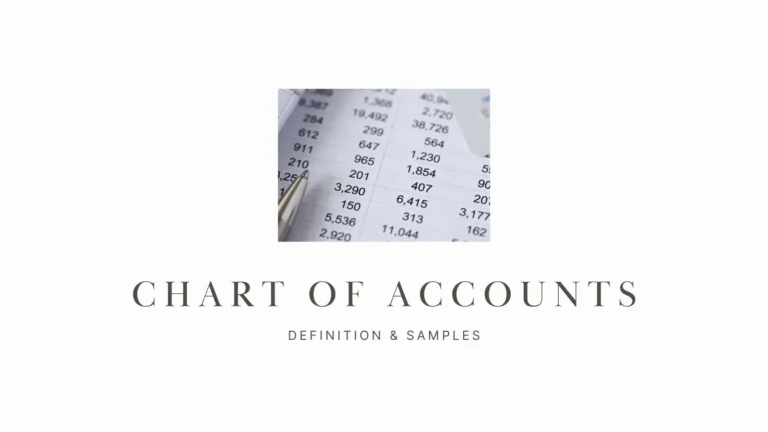
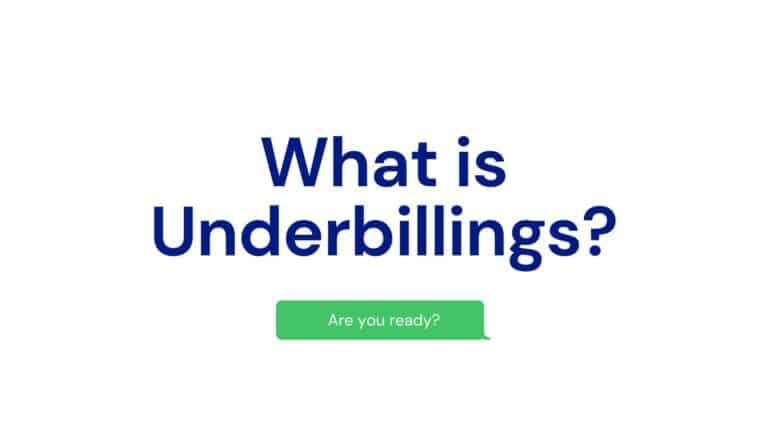


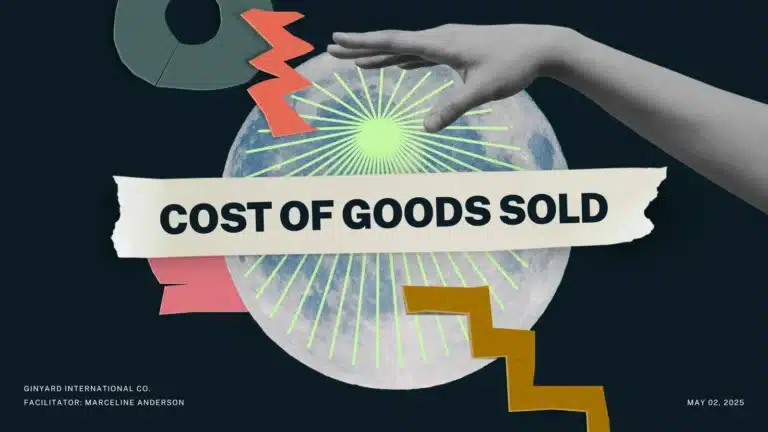
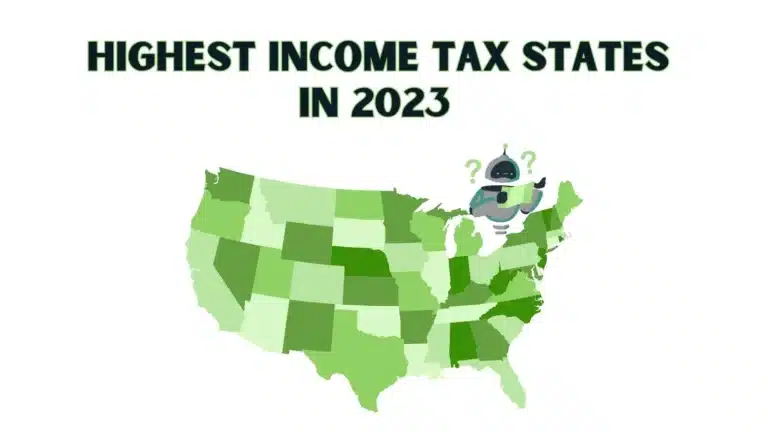

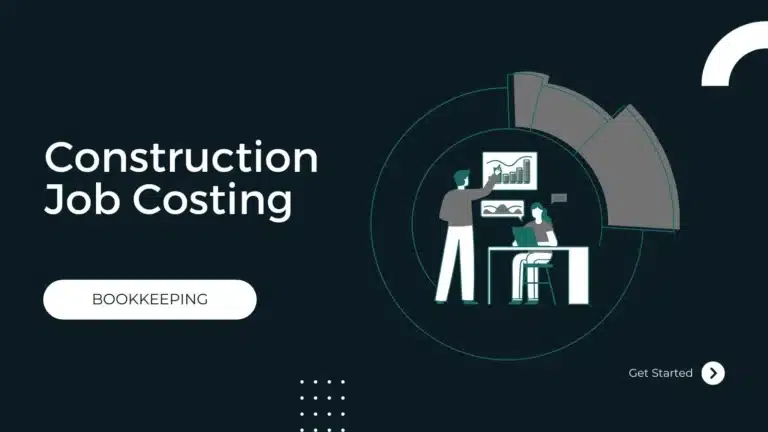
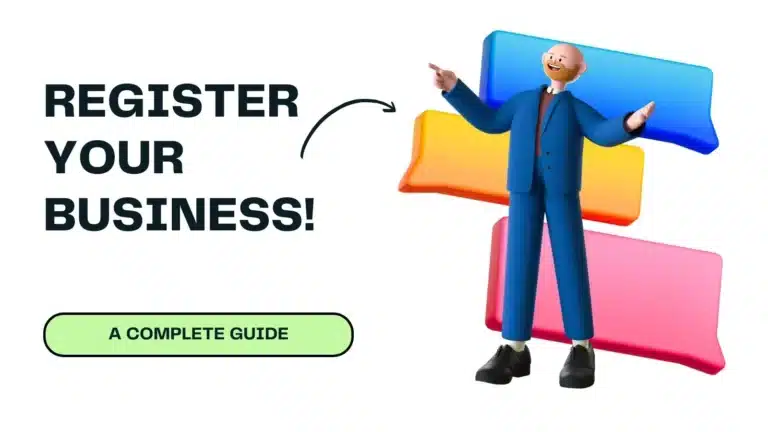
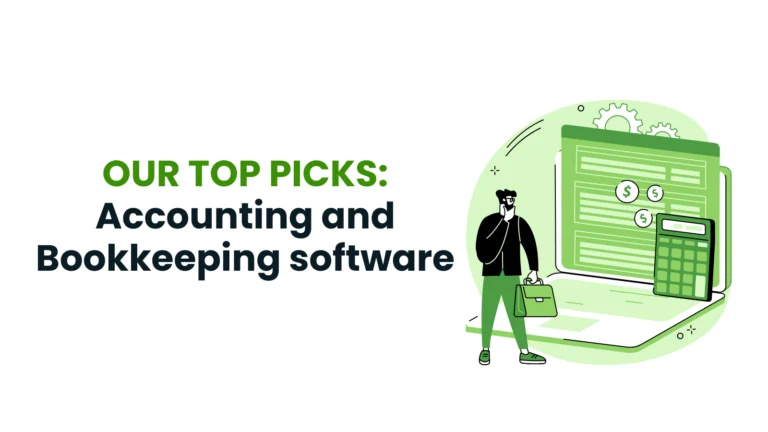
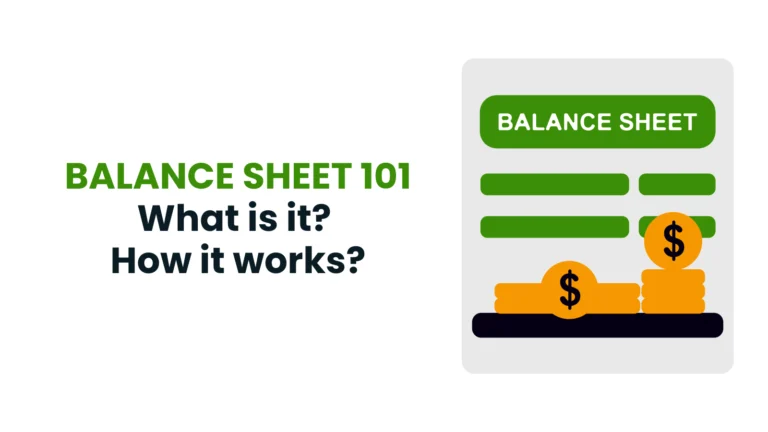
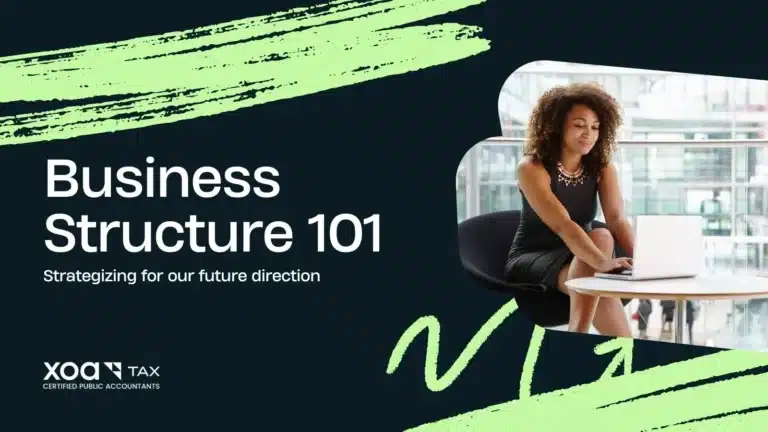
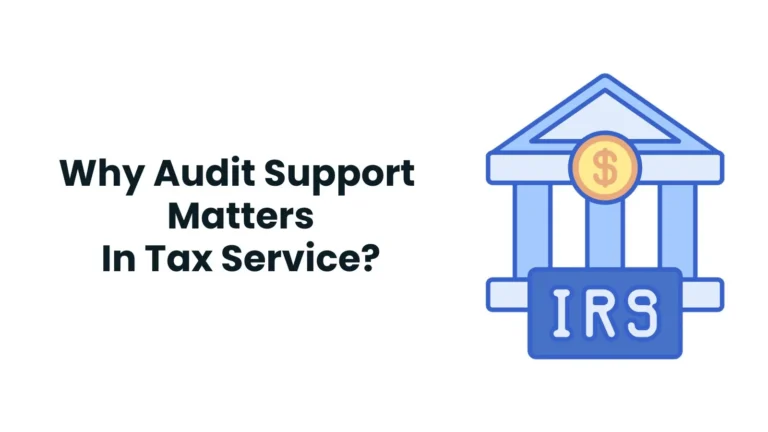

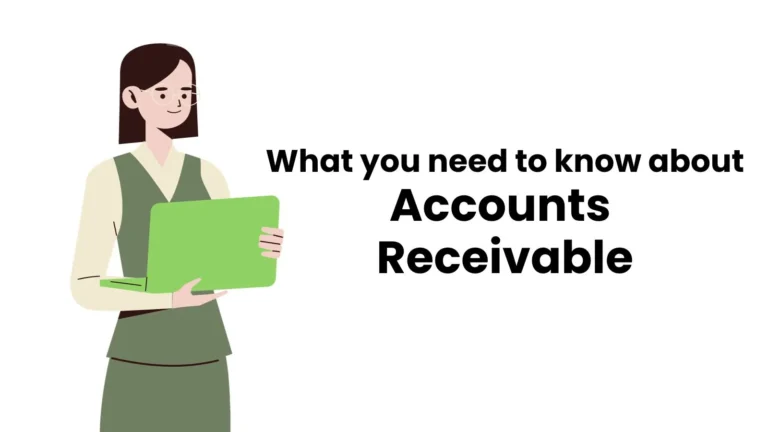
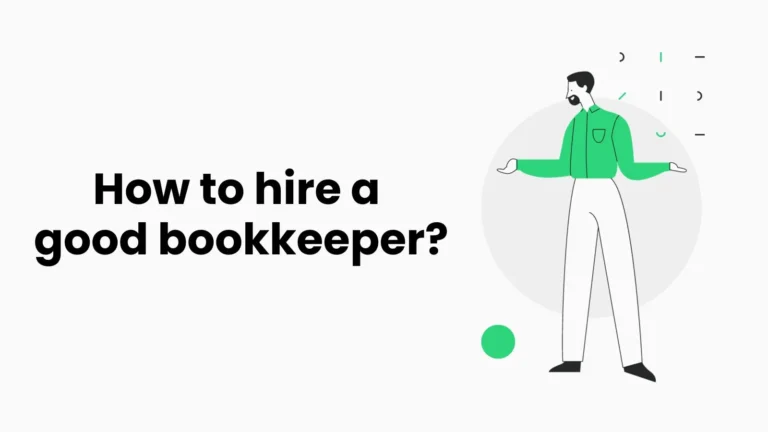

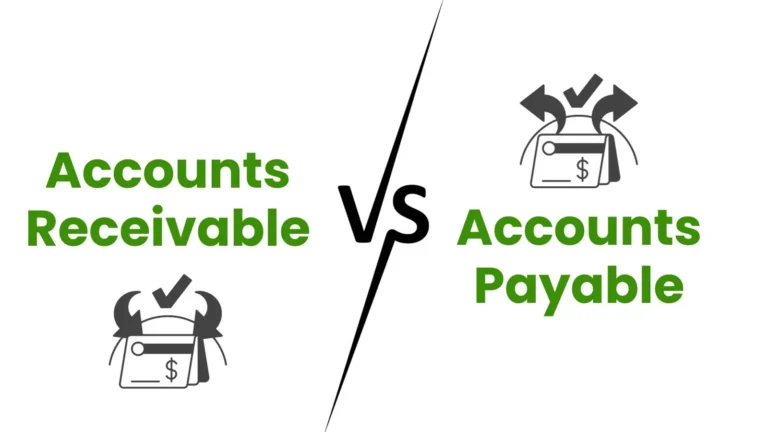
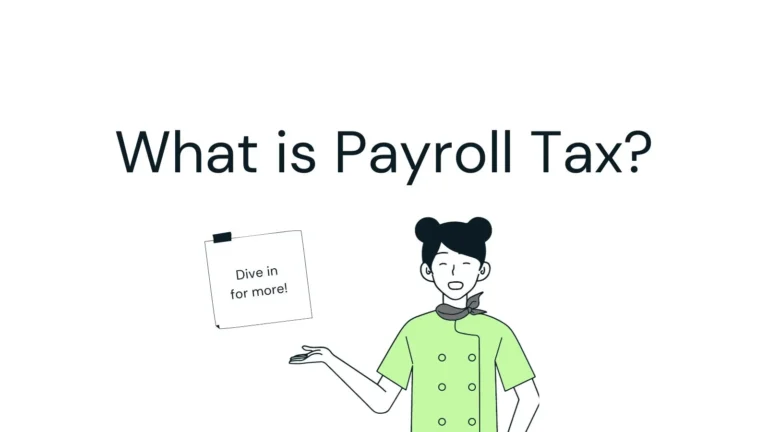
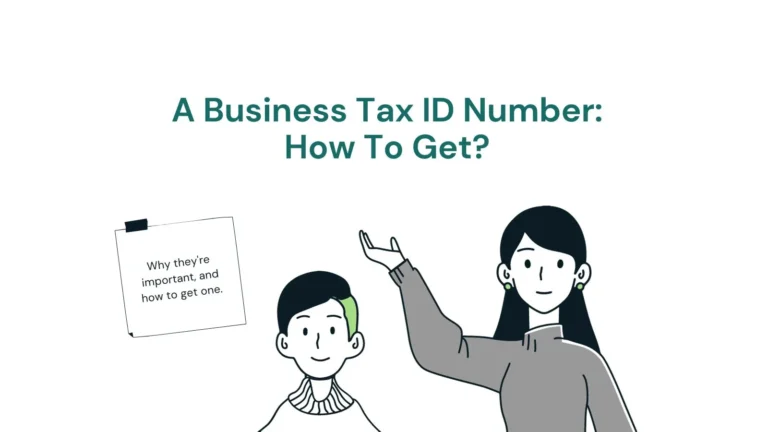
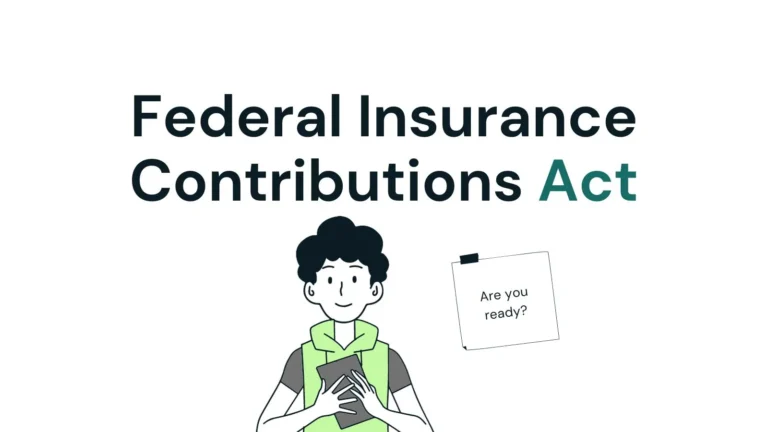
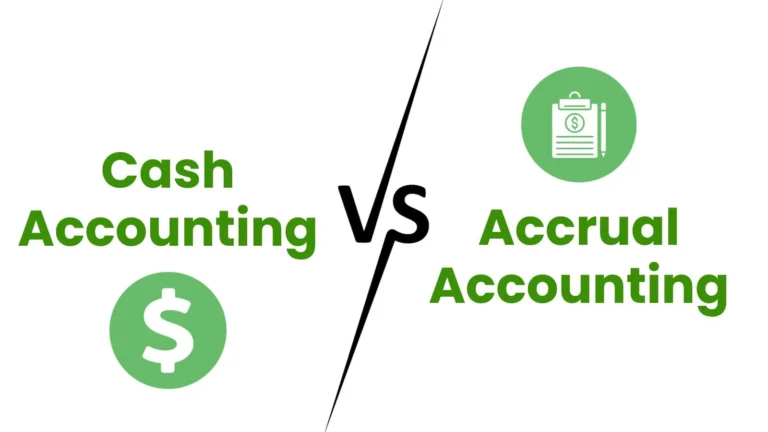
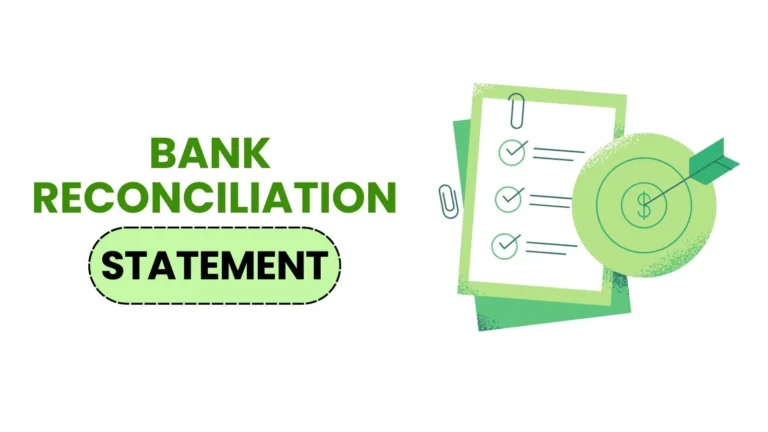
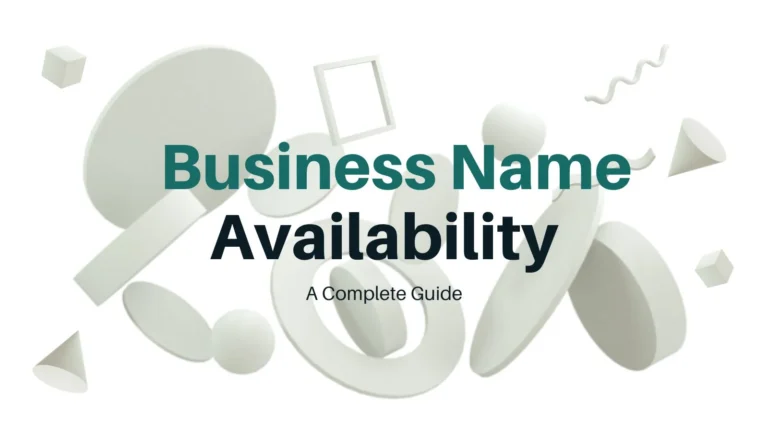
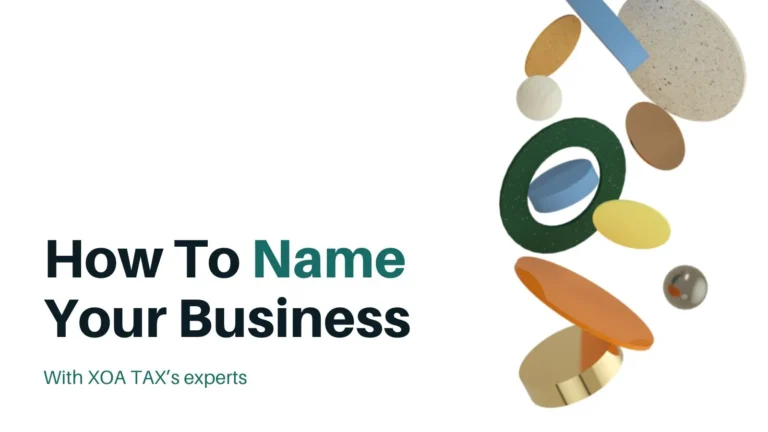

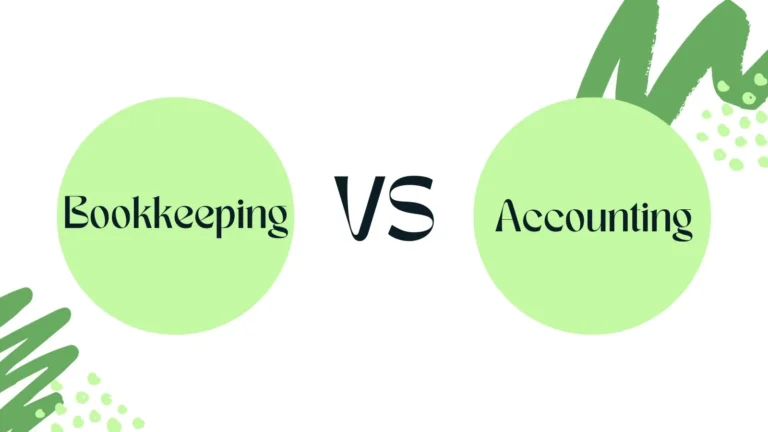

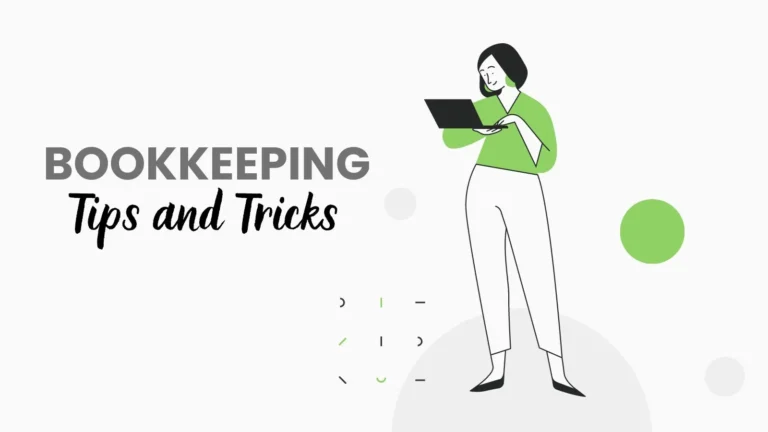
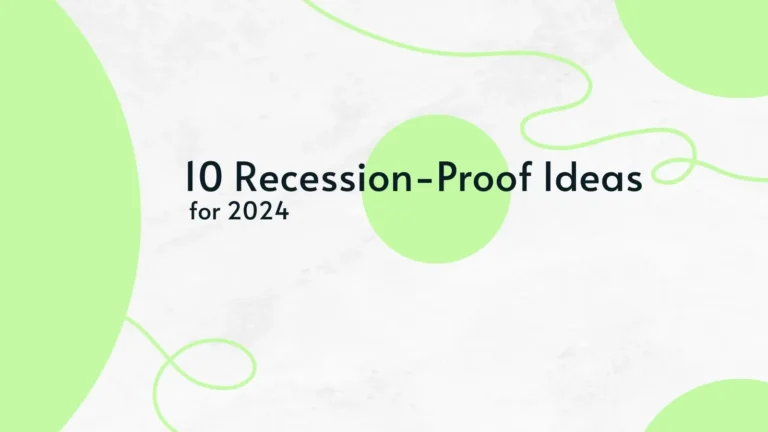
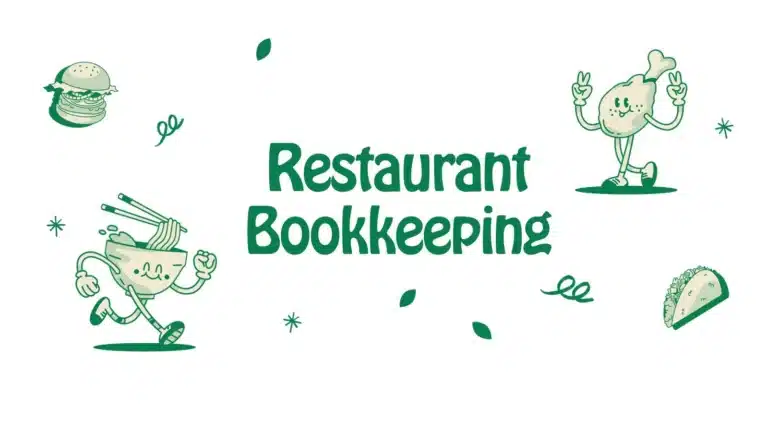
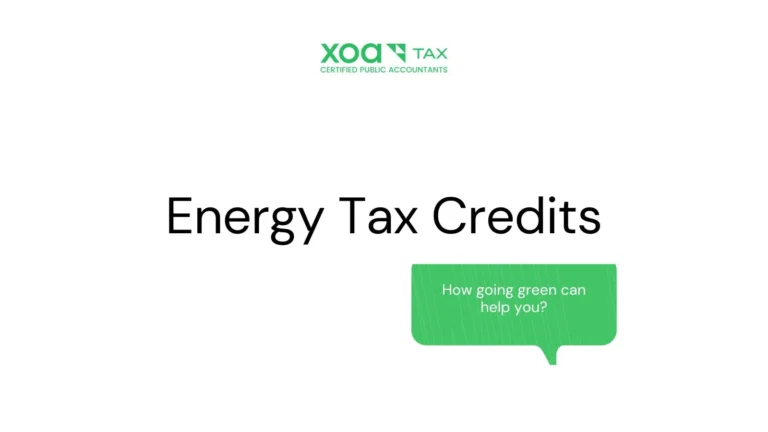
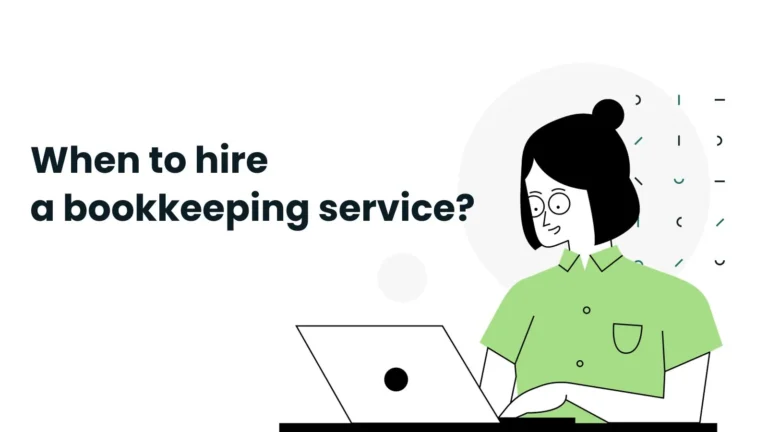
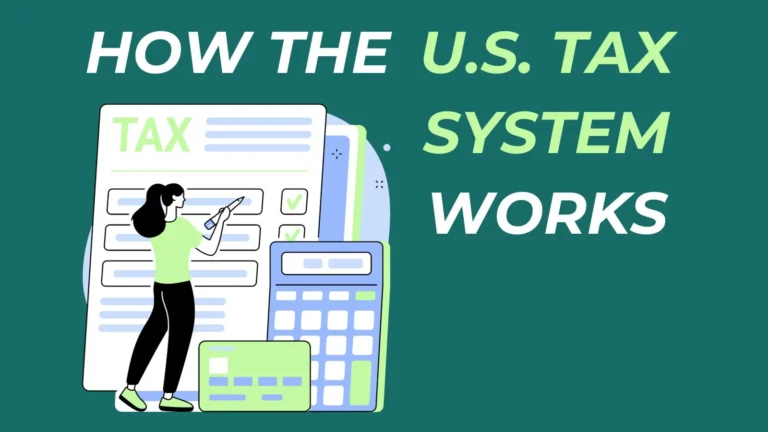
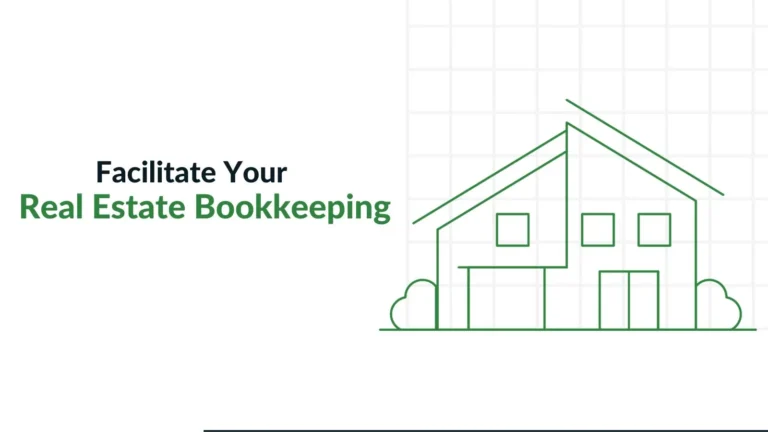
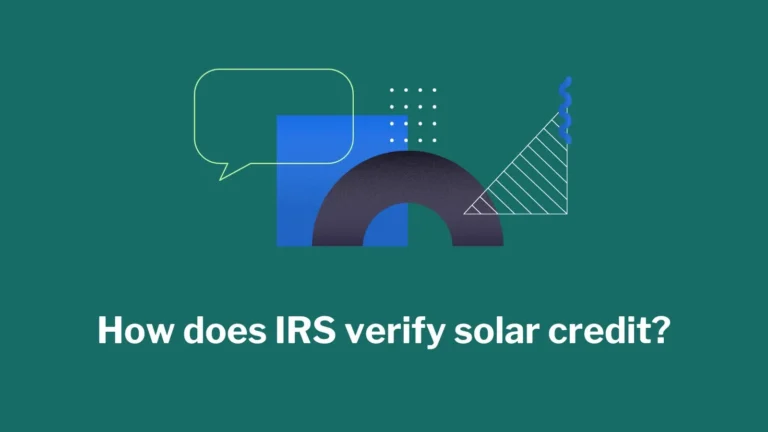
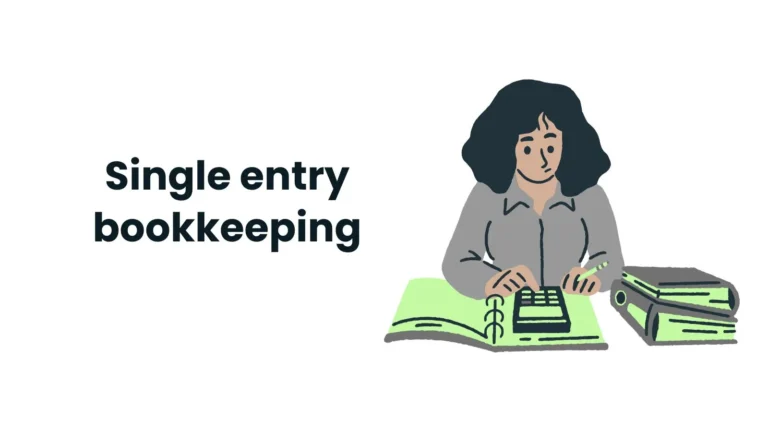
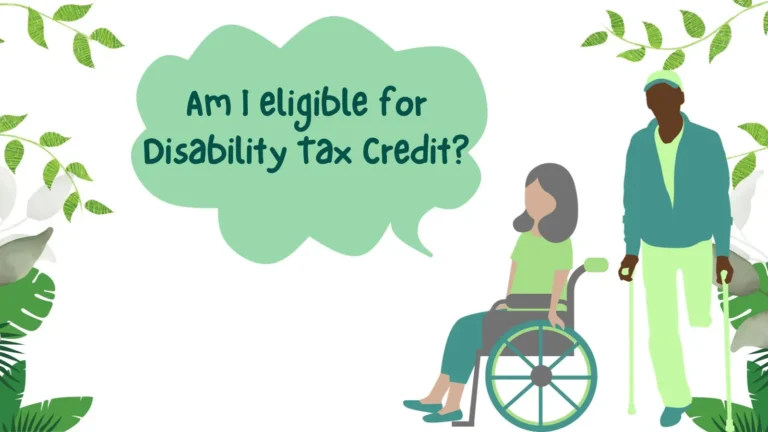
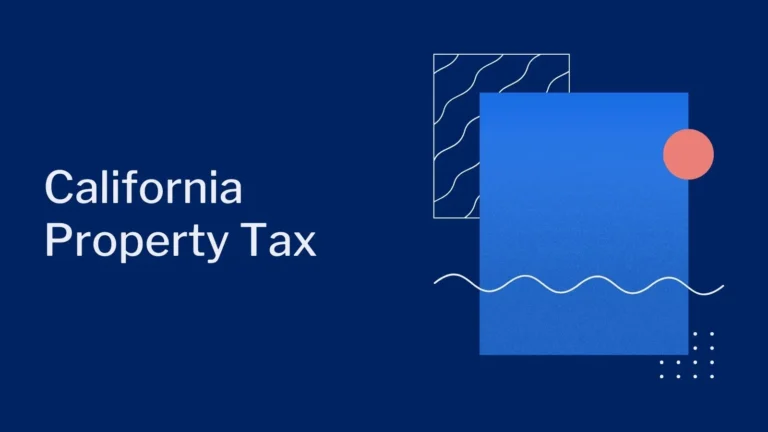

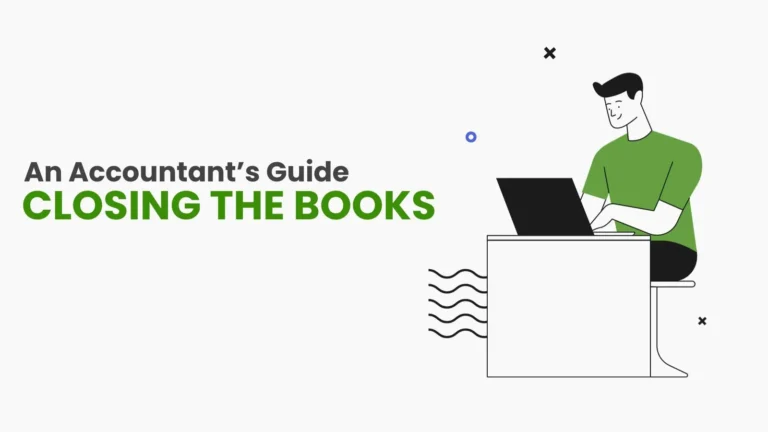
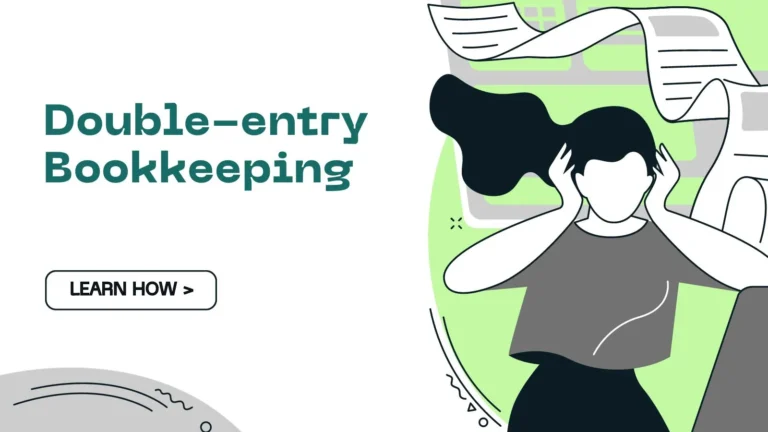
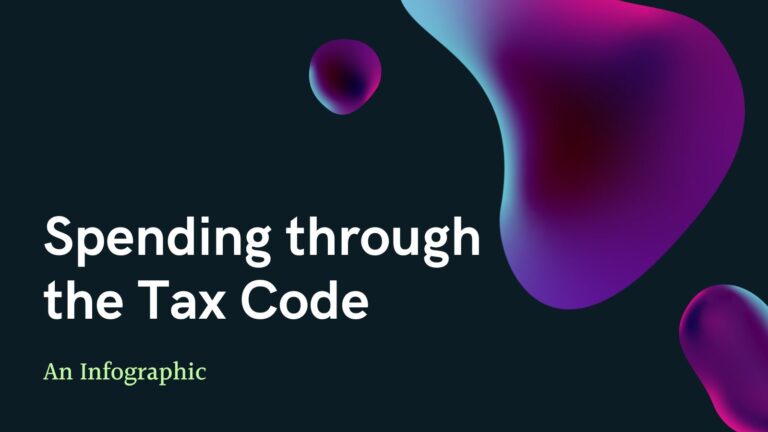
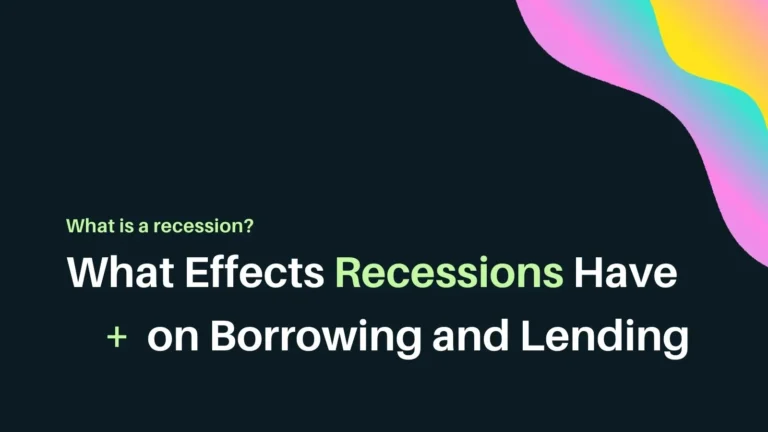
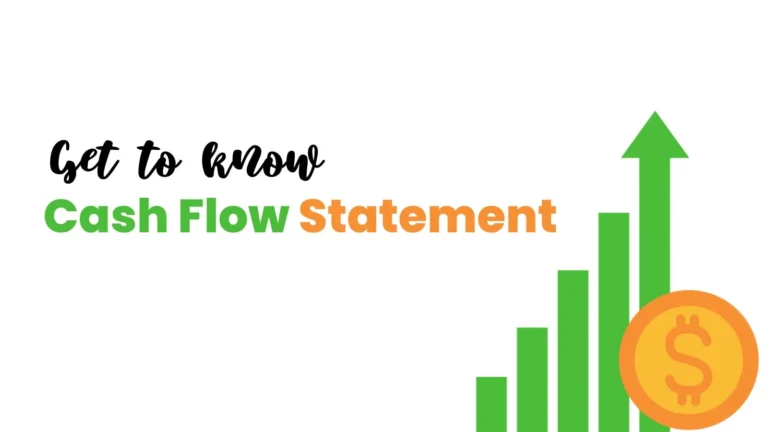
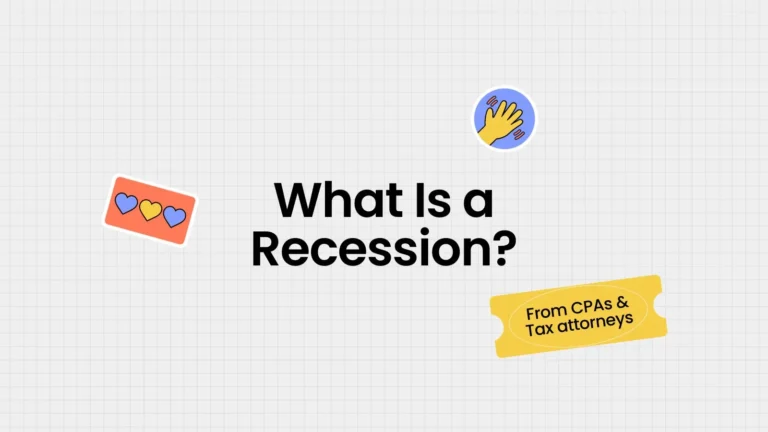
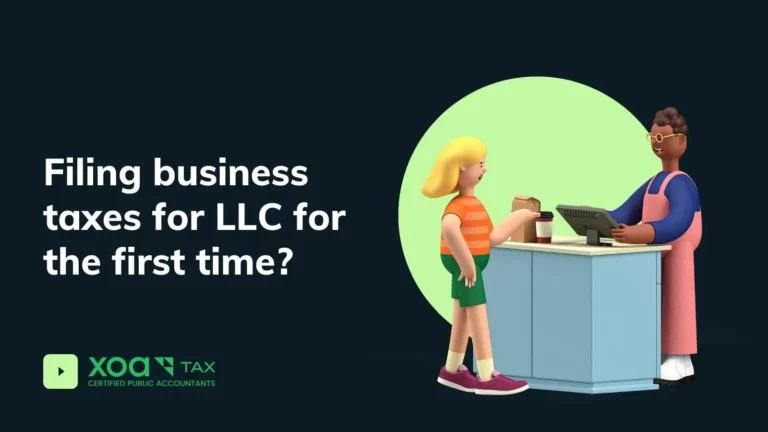
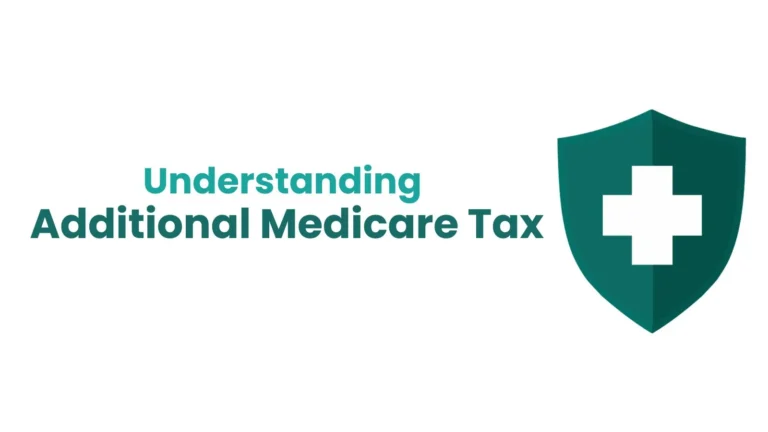
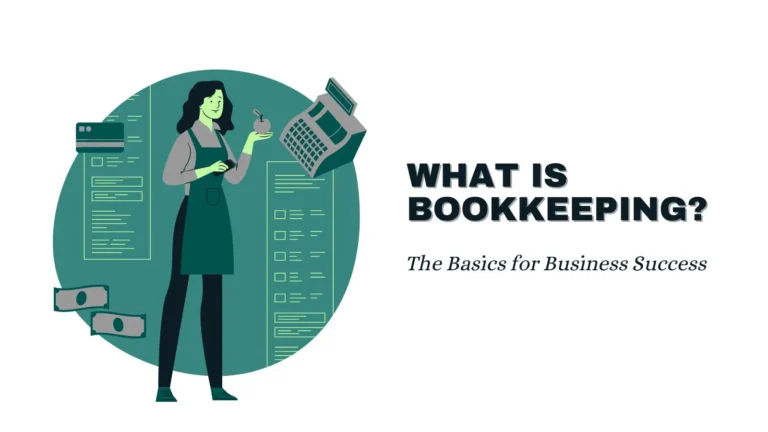
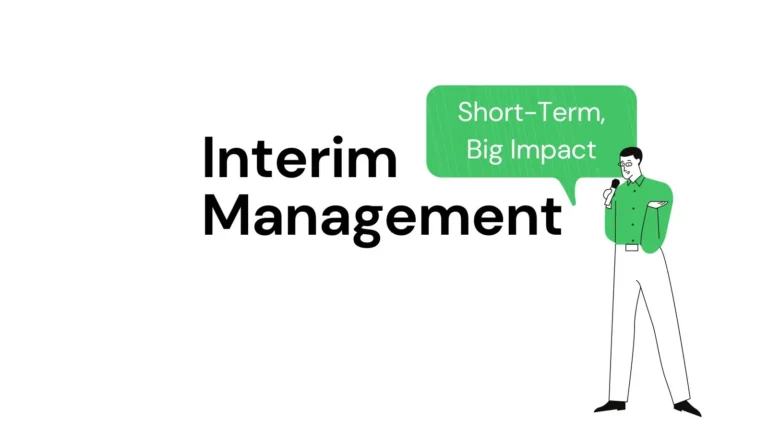

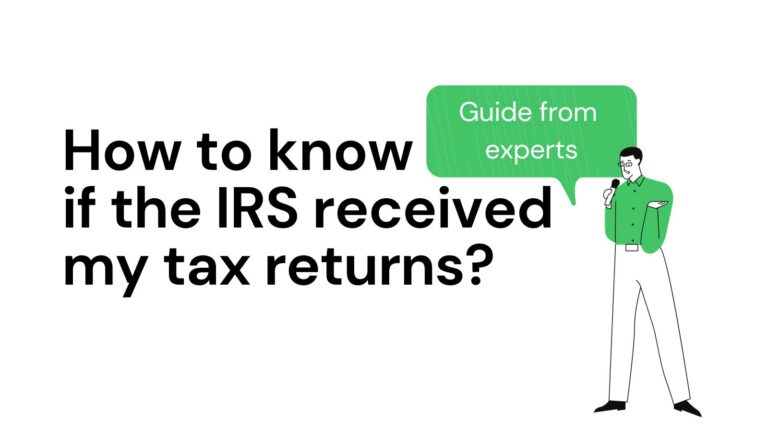
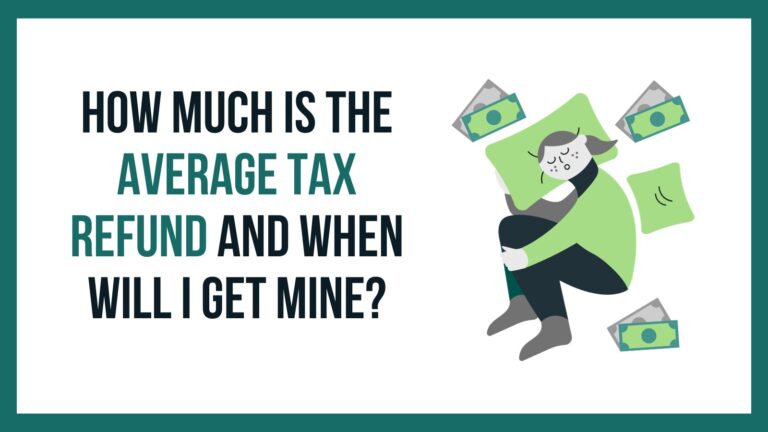
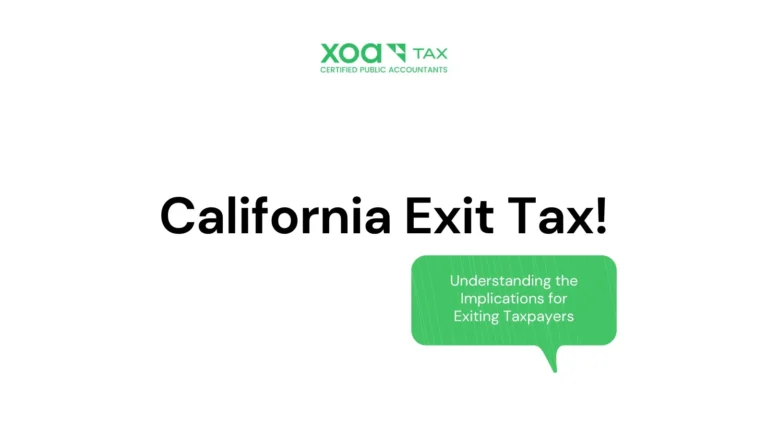
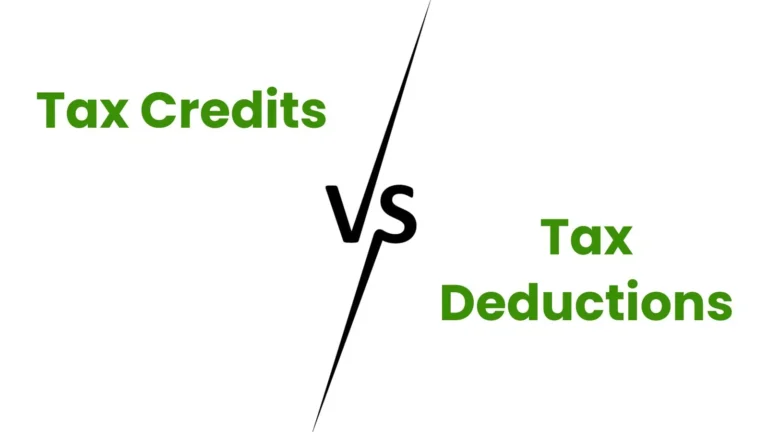
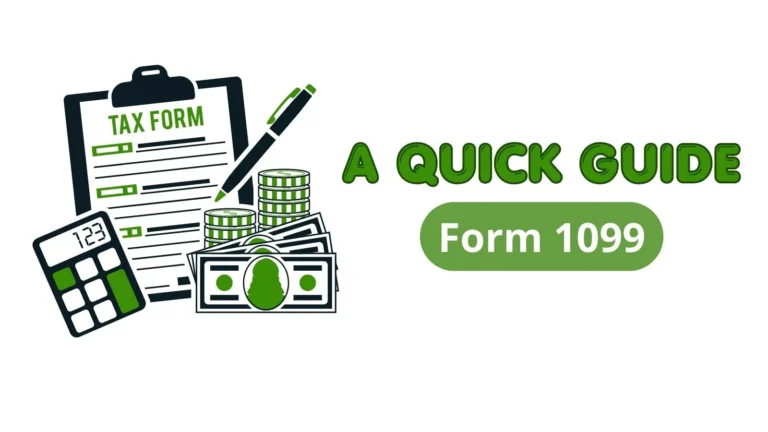
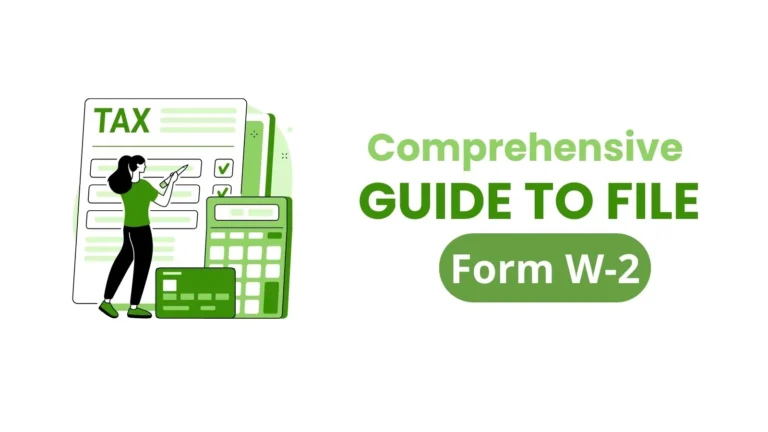
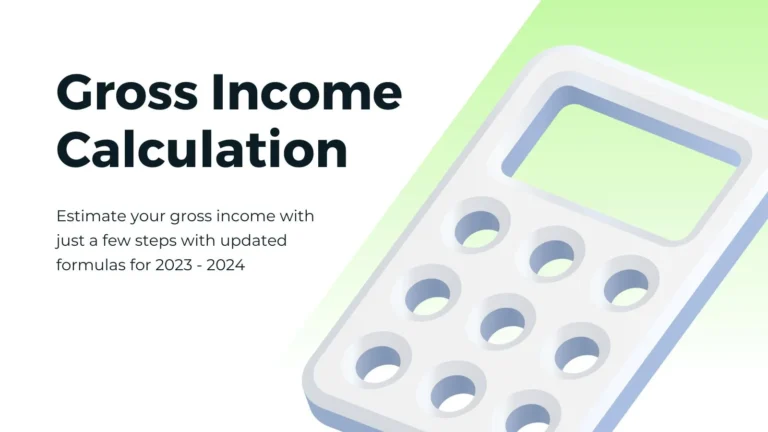
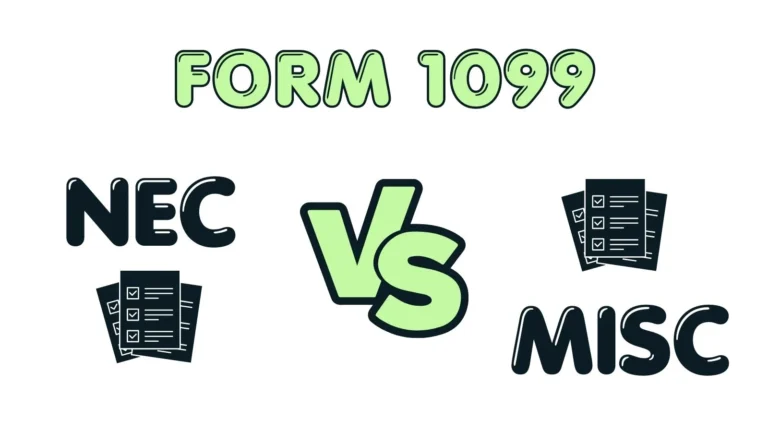
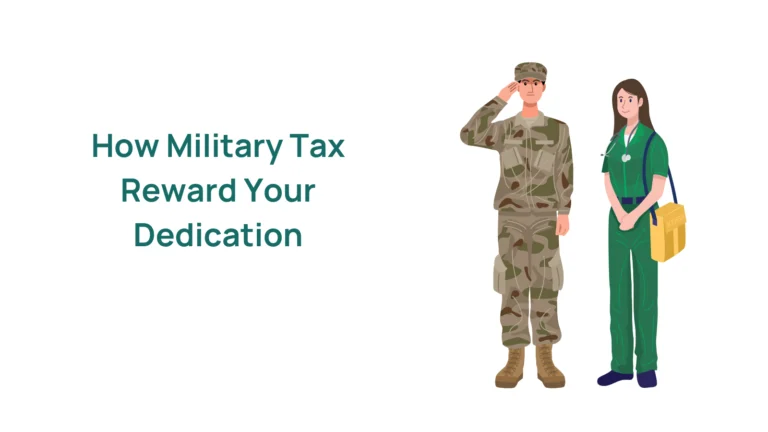
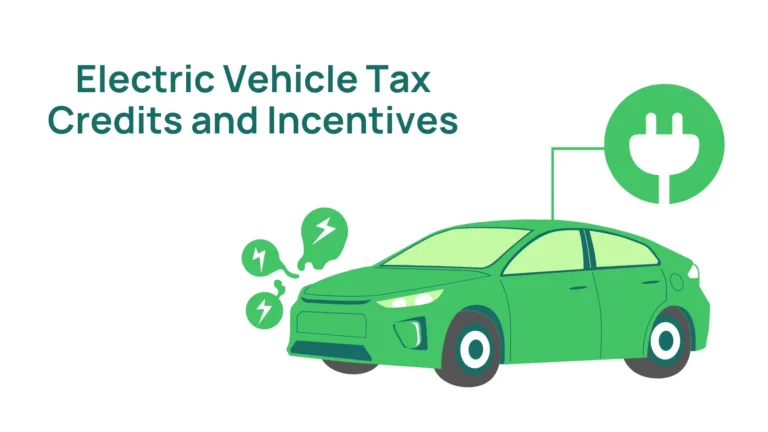
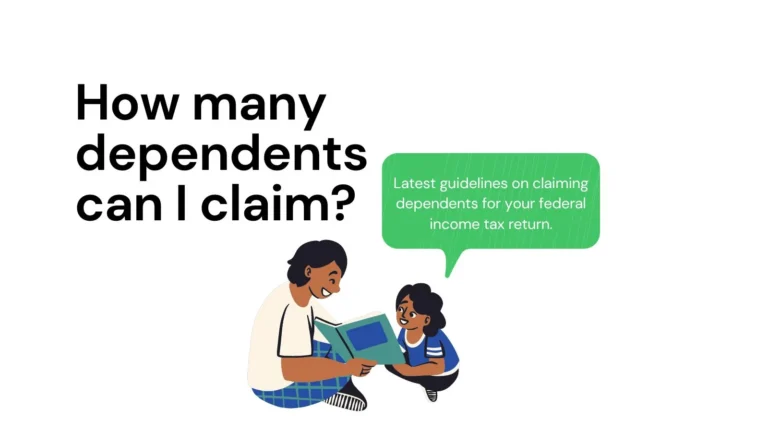
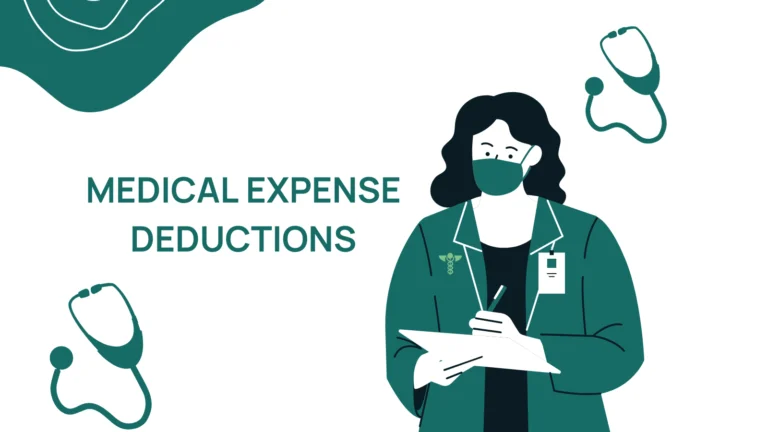
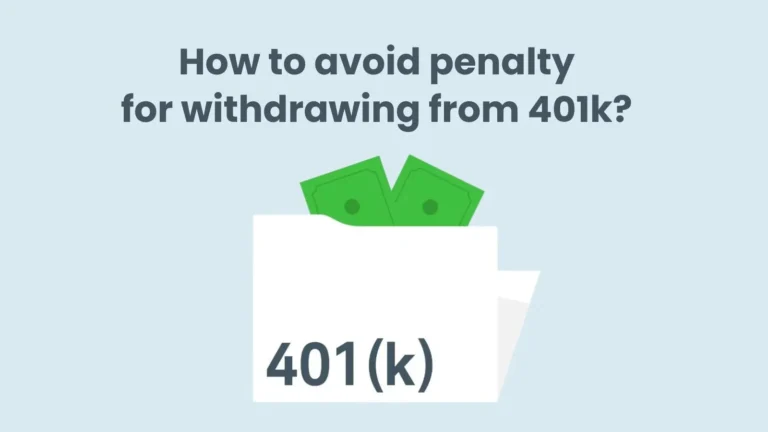
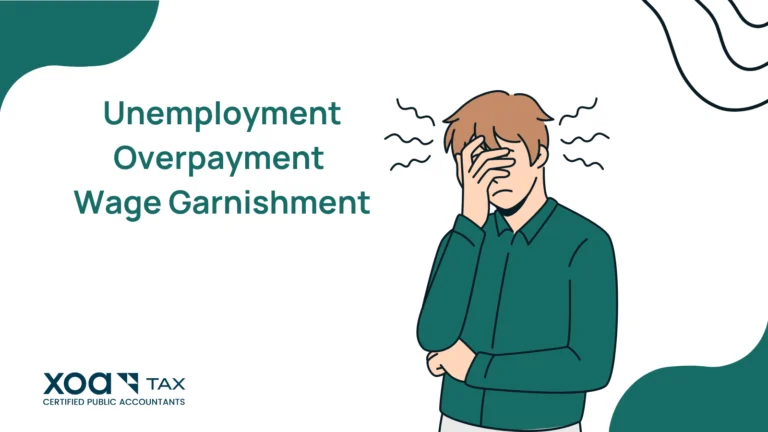
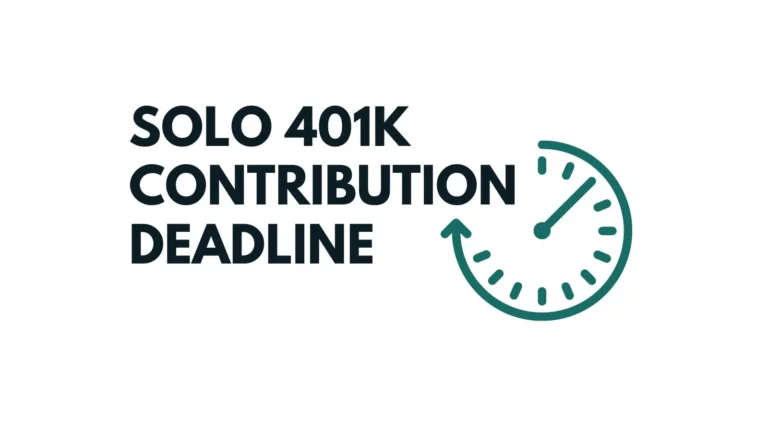
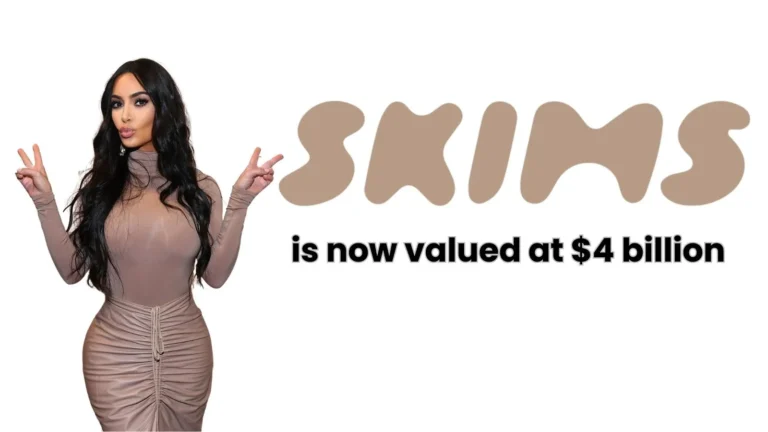
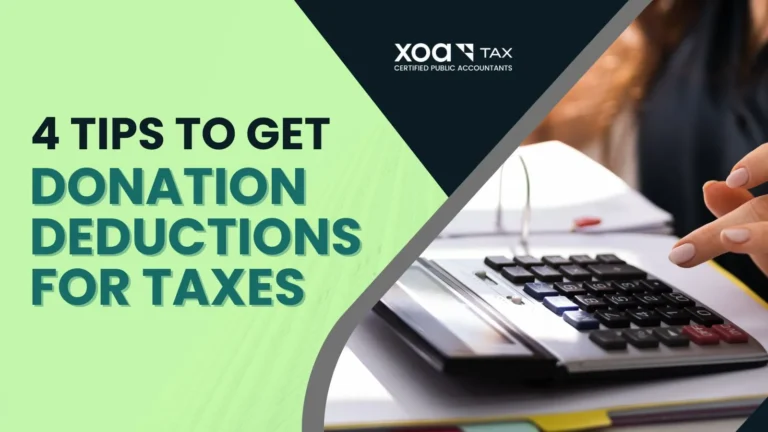



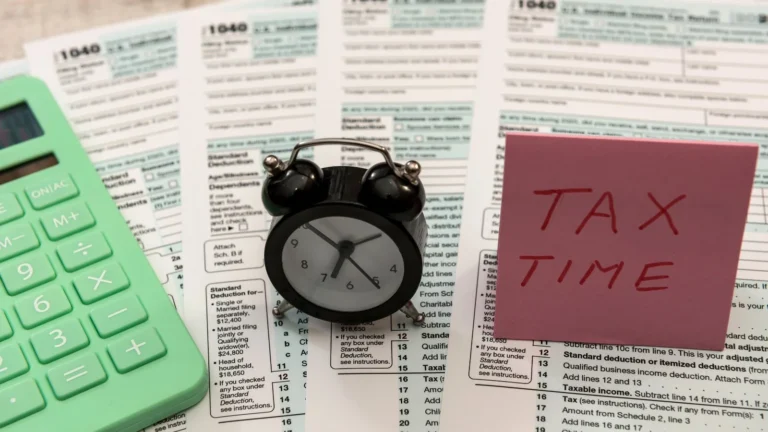
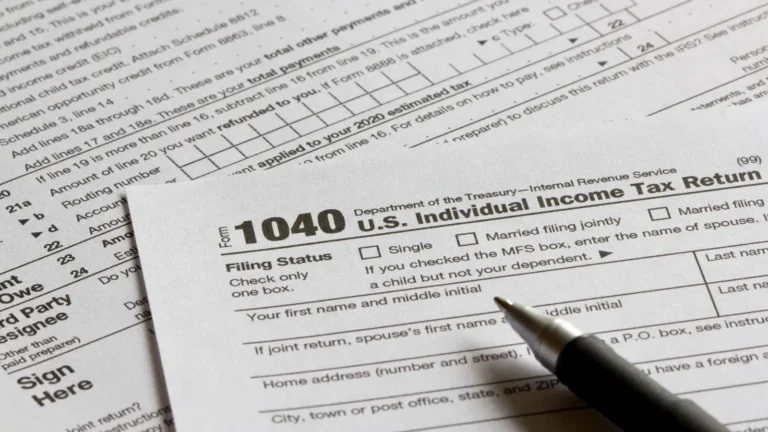
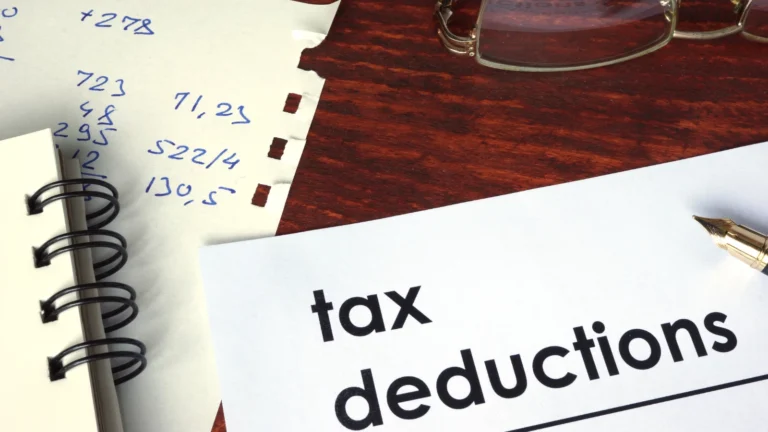
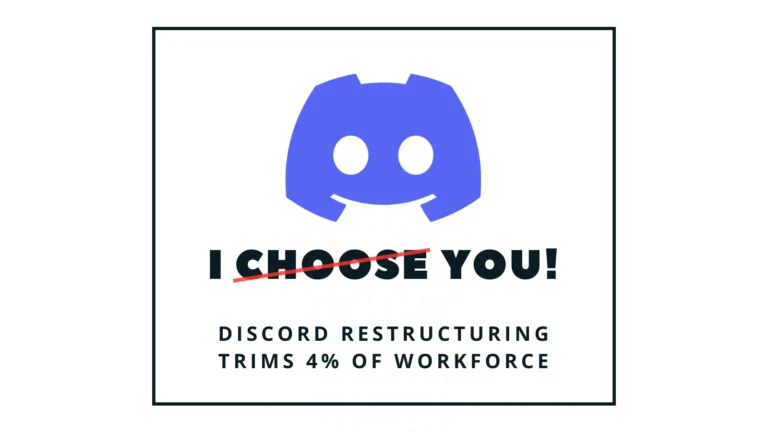



 anywhere
anywhere  anytime
anytime